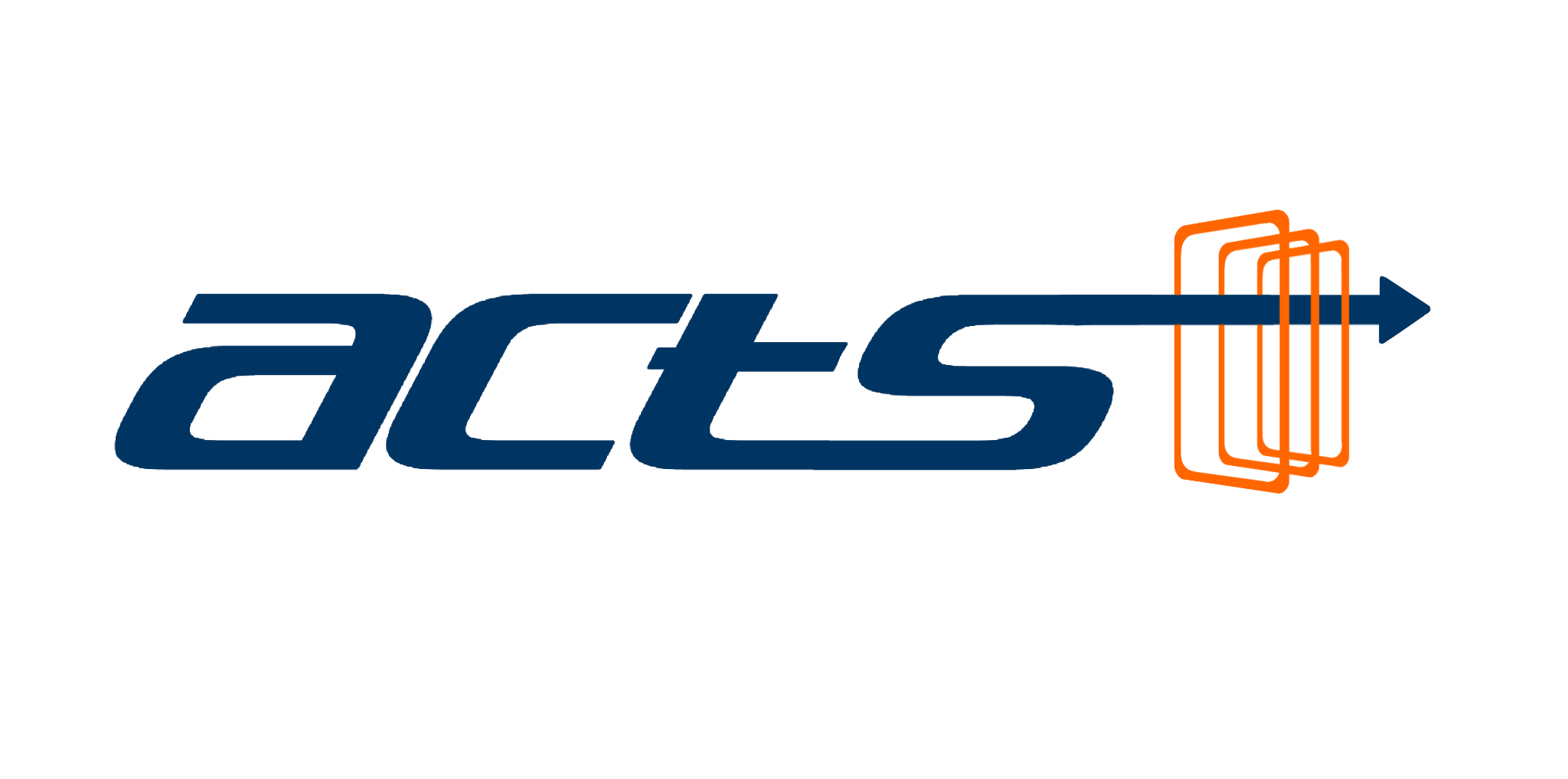By John Jacobi
Let’s start with a couple of definitions: A team is more than one person. Teamwork is a team (more than one person) working to achieve a goal. Everyone is a member of many, many Teams unless they are stranded alone on a desert island with no communication to the outside world. Every group someone is associated with – family, employer, church, school, neighborhood, city, town, club, athletic team – is at least one team and may include many teams. The Team I am talking about here is the team that needs to do something physical that may involve one or more hazards to any member of the Team.
Everyone has at least one agenda and most people have many agendas depending on the situation. Some people just want a paycheck. Some people are ambitious and want to “get ahead.” Some people seek personal recognition. Personal agendas vary depending on the situation (work, home or other teams) and everything else that is going on in each person’s life. Agendas typically change over time.
My last article included the following: “What does all this have to do with safety? Just this – accidents happen to everyone. Murphy was an optimist. If something can go wrong, sooner or later it WILL go wrong. If you think before you act (develop a plan), and then ‘work the plan,’ you stand a lot better chance of getting home in one piece.” My basic thesis is the Golden Rule: “Do unto others as you would have others do unto you.”
Planning is critical. What will it take to get the job done? What tools are available? What are the conditions at the site? What will the weather be like? What PPE is necessary? How much time is available? Will heavy equipment be required? The list is endless. Good planning is a MUST!! That said, a plan is just a plan. Things happen. Plans change. The Team has to be flexible to deal with unanticipated situations safely. Stop and re-group if necessary.
It is usually a good idea to have a well-qualified member of the Team that will be performing the work (the team I am focused on in this article) do the planning or, at least support the team that does the planning to make sure something significant is not missed. Do you know how a 1st Lieutenant (a young, inexperienced commissioned officer) raises a flagpole if he or she is smart? He or she simply orders his or her sergeant (typically an experienced, non-commissioned officer that has earned his or her stripes in the school of hard knocks) to raise the flagpole and then gets out of the way. A good sergeant is indispensable to planning the job and to getting the job done.
This brings me to leadership. Every team has a leader. The leader may be designated (perhaps a 1st lieutenant?) or undesignated (perhaps a sergeant?) and they may not be the same person, but there will be a leader. Choose your leaders carefully. Good leaders are worth their weight in gold. Poor leaders can be dangerous!! The members of the Team must deal with poor leaders and look out for each other and for the Team. Some people are natural leaders and some people have to work to become good leaders – but EVERYONE on the Team has to do their part to get the job done safely. If one member of the Team looks good, the whole Team looks good. If one member of the Team looks bad, the whole team looks bad. The name of the game is to make the whole team look good. NOBODY gets hurt and EVERYONE goes home safely every night. Every member of the Team should “have the back” of every other member of the Team.
Good luck with Murphy and STAY HEALTHY!!

